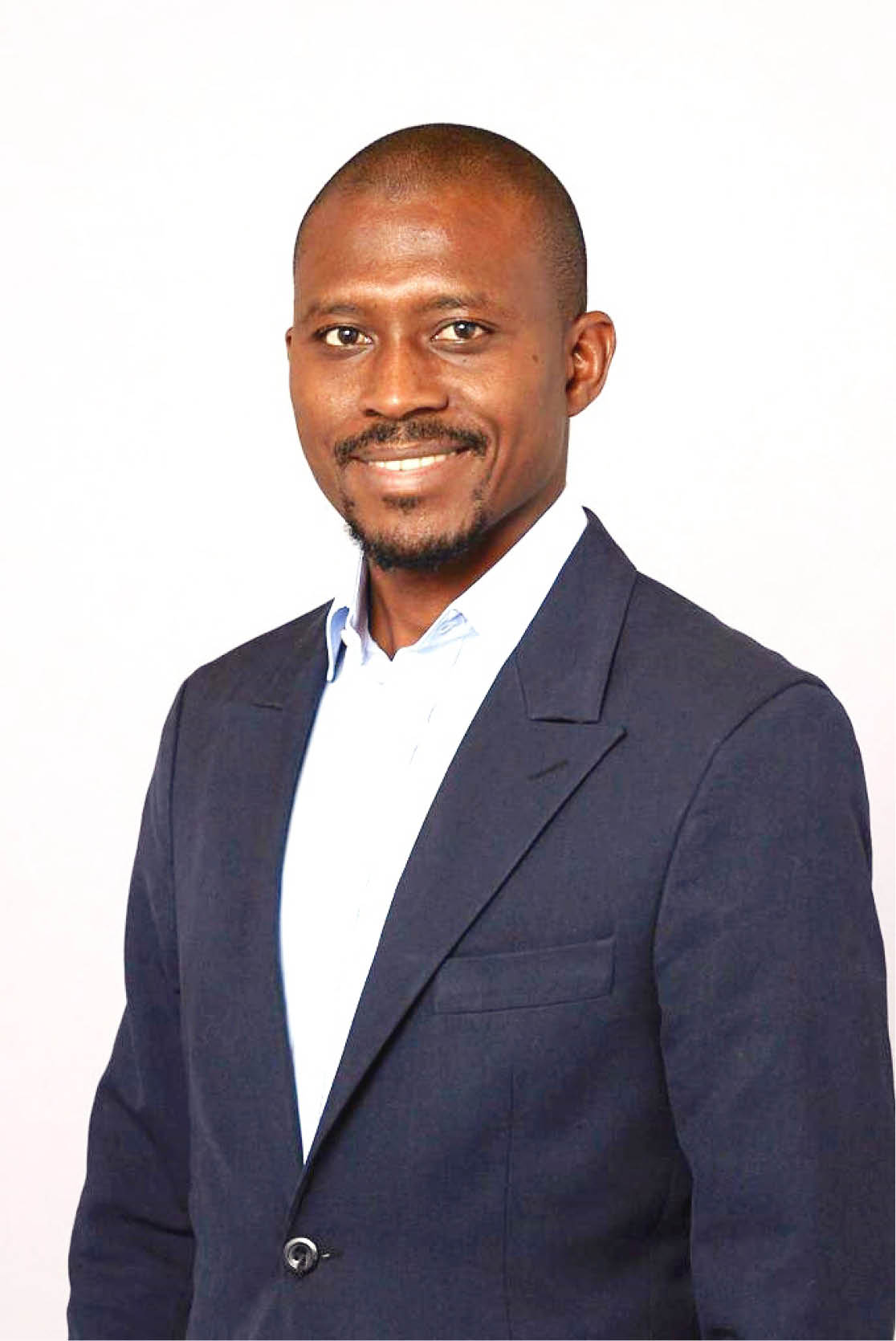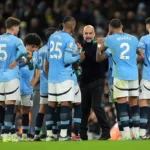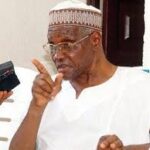A couple of weeks ago, one of the young, inspiring and truly beautiful minds from Kano, Munzali Abubakar Bello, left Nigeria for the United States after a very challenging selection process. Here’s my chat with him. During the chat, he also gave a simple advice for the future financial experts. I hope you find inspiration in it as I did. Munzali is the first in our series on mentors.
Where are you now and what are you doing there?
I am currently at Yale University in Connecticut, USA studying for Master’s in Systemic Risk, a one of a kind specialized one year program designed for employees of Central Banks and other financial regulators with a mandate of Financial System Stability.
So, as an employee of the CBN in the Banking Supervision Department which is under the FSS Directorate, I see the program as a good fit.
The biggest challenge I faced was preparing for GMAT in a short period. A test score (GMAT or GRE) is a requirement for application. I applied for a waiver because I have done the American CFA certification, but unfortunately, the admission team rejected my waiver application few weeks from the deadline, so it was a bit challenging considering I had not done the test before. I bought the materials and started studying and was able to sit for the test within the window.
Take us through a brief history of your education – including your certifications.
I am a graduate of Accounting from Bayero University Kano, a Fellow of the Institute of Chartered Accountants of Nigeria (ICAN), a Fellow of Association of Chartered Certified Accountants (ACCA) and a Chartered Financial Analyst (CFA) Charter holder. I am also enrolled in a part time Masters in Finance with Specialty in Financial Sector Management at SOAS, University of London and like I said earlier currently doing a full time Master’s in Systemic Risk at Yale University.
If you’re going to describe yourself as a professional, what is your main area of expertise and what other areas are you comfortable working in?
As a Chartered Accountant, I have worked briefly with Ahmed Zakari & Co (Chartered Accountants), over the last 9 years, I have been with the Central Bank. I actually would like to commend CBN for its tradition of encouraging personal development and always fashioning competent staff.
If you are going to take 10 mentees, in what field are you going to mentor them? And are you available and willing to mentor younger Nigerians?
Yes I am always available for mentorship, I feel that’s a way of giving back in my own little way. Most people don’t achieve their dreams simply because they don’t have access to the right information or lack of awareness.
I have a lot of mentees that I guide in the field of Accounting, Economics and Finance, most of them I have never met. With social media now, young people reach out to me either on Twitter or LinkedIn, seeking for advice and guidance and I am always happy to do it, sometimes even help financially when there’s need.
I’m always available to mentor anyone as long as I can see commitment and passion.
What is your advice for the Nigerian youth – especially the Arewa youth?
The only thing no one can take away from you is, knowledge. It is also one of the things that puts people apart.
My advice to young people is to put in the hard work and develop themselves, if you have the right qualification, you can get a seat at the table even without knowing anyone.
I have had mentees that were interested in doing either CFA or ACCA, the first question they asked was whether the exams are difficult. In most cases, they don’t come with the mindset of, if someone else did it then I can do it no matter how hard it is, we always want things the easy way, but unfortunately, good things don’t come easy.
How was your reception in America and were there any culture shocks?
Yale University is one of the most diversed universities in the world. In my class of 10 Students, we have representation from five continents. The faculty are very welcoming and always available to help.
I have visited the US a couple of times before now, but this is the first time I am coming as a resident with no credit score, it was challenging signing an apartment lease. Because I have been here in the past, there wasn’t any culture shock really.
What was your childhood dream?
I’m actually living my dream, as a child I wanted to be a banker. But may be the dream wasn’t clear on whether its commercial, investment or central banker.
I ended up at the Central Bank and I’m glad because I am working for my country by contributing in my own little way in making the Nigerian Financial System Sound, Stable and Resilient.
Who or what institution or entity contributed the most to your success?
Definitely my father, late Alhaji Abubakar Bello. He made a lot of sacrifice to ensure we had quality education, teaching us to dream big, work hard while staying humble.
Another Pillar of my journey is my immediate brother, Munir Bello. He has been my best friend, he has supported me all the way. Most times he stayed up late while I am studying and he also registered for several certifications so we could study together. He has been kind to me all his life and with all sense of humility I am where I am majorly because of his support and friendship and I’ll be forever grateful to him.
And of course different people I have met in the course of my work in CBN and Ahmed Zakari & Co (Chartered Accountants) especially Alhaji Ismaila Zakari, FCA, past president of ICAN.
What’s your advice to secondary school students trying to be accountants or financial experts, should they go for a degree first or go straight to certifications and which would you recommend, ACCA or ICAN?
ICAN has an Accounting Technician Scheme that does not require a degree to start. I have friends who started in their first year in the university and by the time they graduated, they had already finished ICAN. This was something I was not aware of in my first year in the university.
My advice to those that are interested in accounting is, they can start with the ATS early while in the Uni and by the time they graduate, they’d have both ICAN certification and the degree certificate.
For me both ICAN and ACCA are one and the same, but the cost to candidates is different. But another thing is if you do ACCA and intend to practice in Nigeria in the future, you must do some ICAN papers to enable you get a practicing liscence. But with just ICAN all you need is the required experience to qualify for practice liscence.
If you were to choose or employ between a smart person and a hardworking one, who would you go for?
Of course a smart one. Most smart people I have met are hardworking but not all hardworking people are smart. The way the world is moving too fast in addition to hardwork, you also need to be smart.

 Join Daily Trust WhatsApp Community For Quick Access To News and Happenings Around You.
Join Daily Trust WhatsApp Community For Quick Access To News and Happenings Around You.


